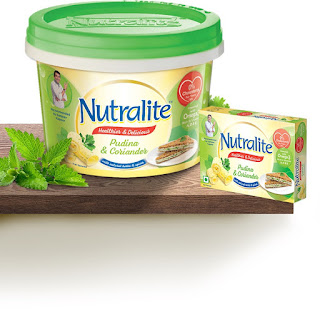Omega 3 fatty acids are a family of polyunsaturated fats that constitute an integral part of cell membranes throughout the body. A type of polyunsaturated fat, omega 3 fatty acids foods benefits have a positive effect on our heart and blood vessels in the following ways:
- They reduce triglycerides, a type of fat found in blood.
- These minimize the risk of irregular heart beats, often referred to as arrhythmia's.
- They decelerate the accumulation of plaque in arteries.
- They also help to slightly lower blood pressure.
Studies have found that consuming omega 3s regularly will help you fight depression. Besides, Omega 3 is directly associated with reduced risk of muscular degeneration. Moreover, it can reduce risk factors for heart diseases, such as high blood pressure, blood clots, plaque, and so on. What’s more, according to numerous studies, omega 3 supplements can reduce the symptoms of ADHD (attention deficit hyperactivity disorder). They have been found to be closely associated with reduced insulin resistance, fighting inflammation, and improving many risk factors for heart diseases. Many autoimmune diseases, including type 1 diabetes, rheumatoid arthritis, ulcerative colitis, Crohn’s disease and psoriasis can be fought with the help of omega 3 fatty acids.
The top 15 omega 3 rich foods include, mackerel, salmon fish oil, cod liver oil, walnuts, chia seeds, herring, wild-caught salmon, ground flaxseeds, tuna, white fish, sardines, hemp seeds, anchovies, natto, and egg yolks. Amongst other natural sources of omega 3 fatty acids foods, are nuts and seeds such as butternuts, brazil nuts, cashews, hemp seeds, and hazelnuts. Many vegetables, especially the green leafy ones, are great sources of ALAs. Some of the vegetables that you should definitely include in your diet are, Brussels sprouts, kale, spinach, and watercress. Lots of oils also contain omega 3s, usually in the form of ALAs. These include mustard oil, walnut oil and hemp oil. Experts are of the opinion that there is no specific recommended daily intake for these essential fatty acids. Usually a minimum of 250-500 mg combined EPA and DHA each for healthy adults is recommended by mainstream health organizations like the WHO and European Food Safety Authority.
Shivani Shetty is a leading health and nutrition expert and offers advice on cholesterol fighting foods and more.

Comments
Post a Comment